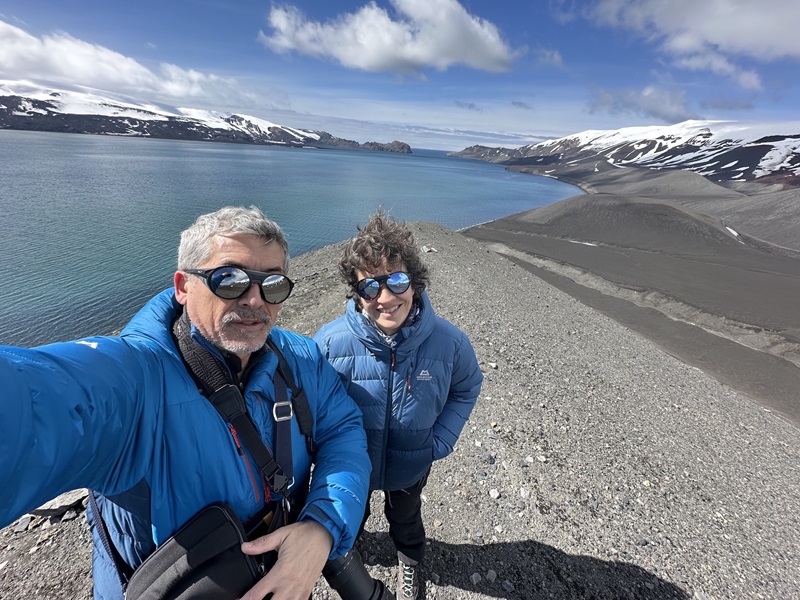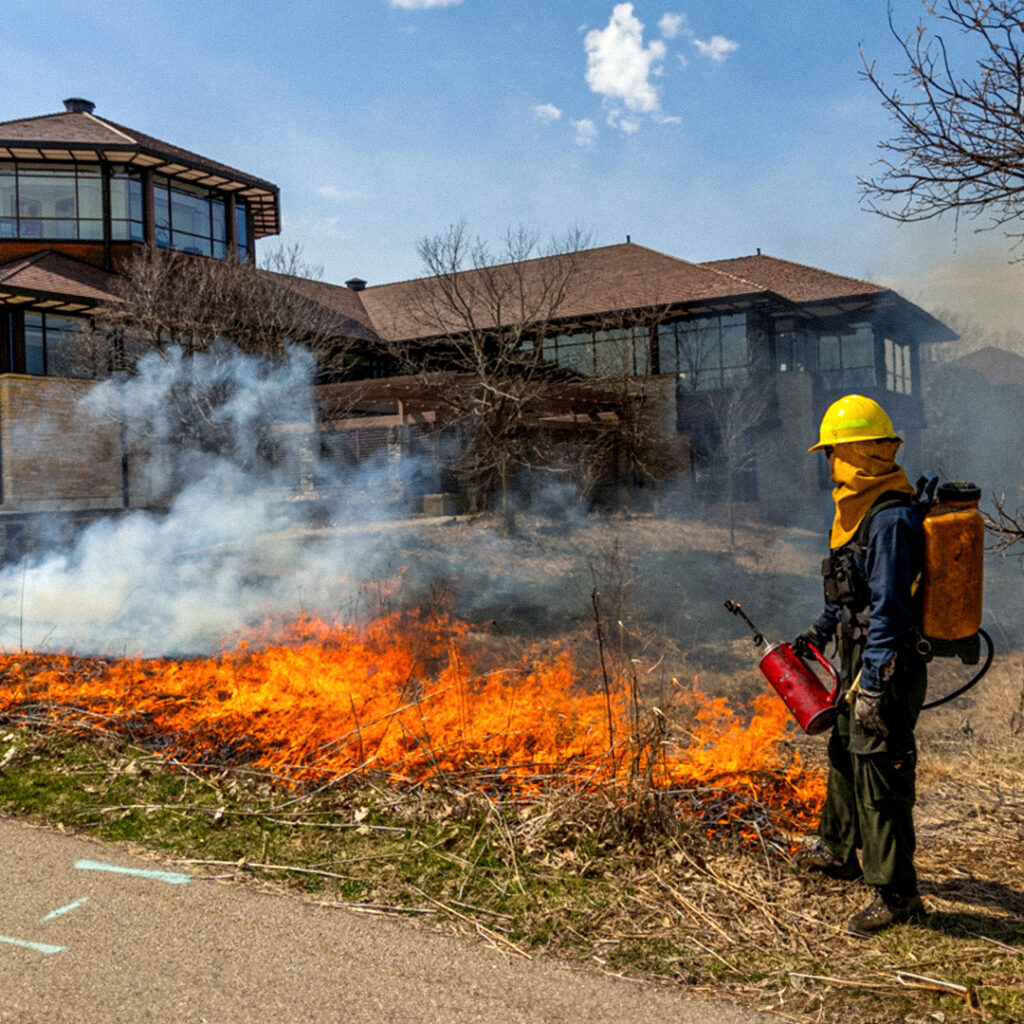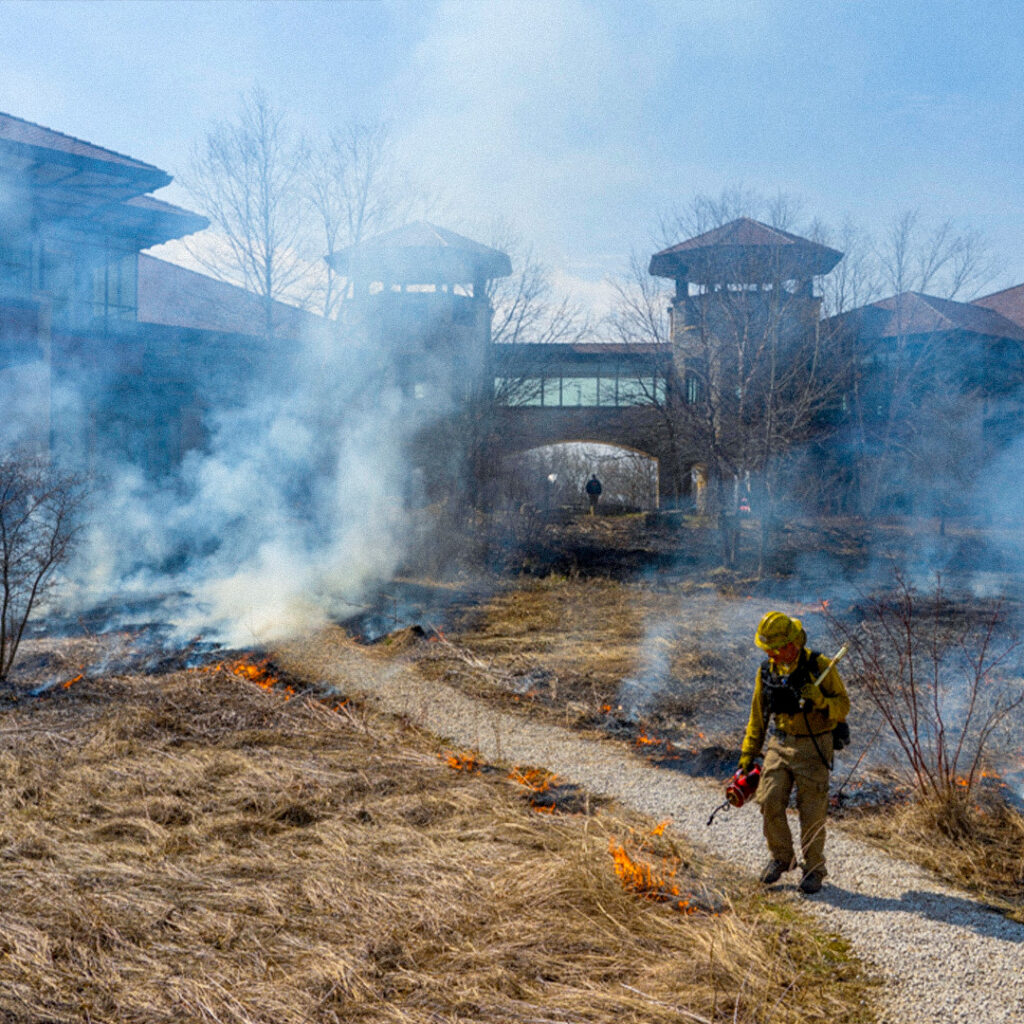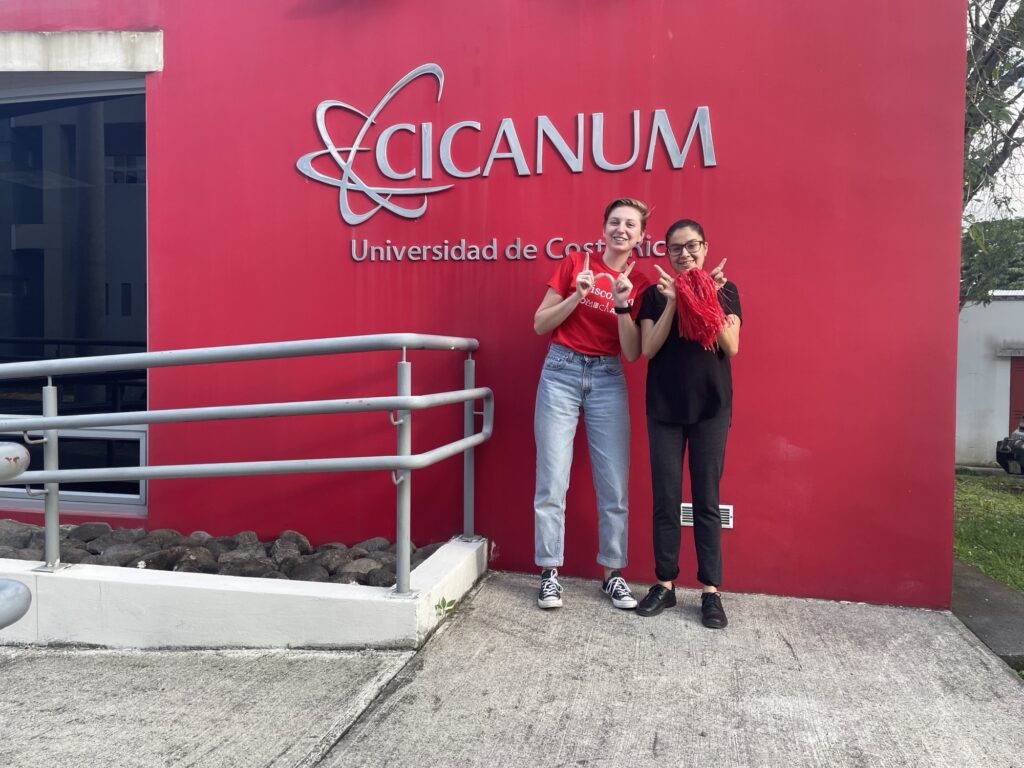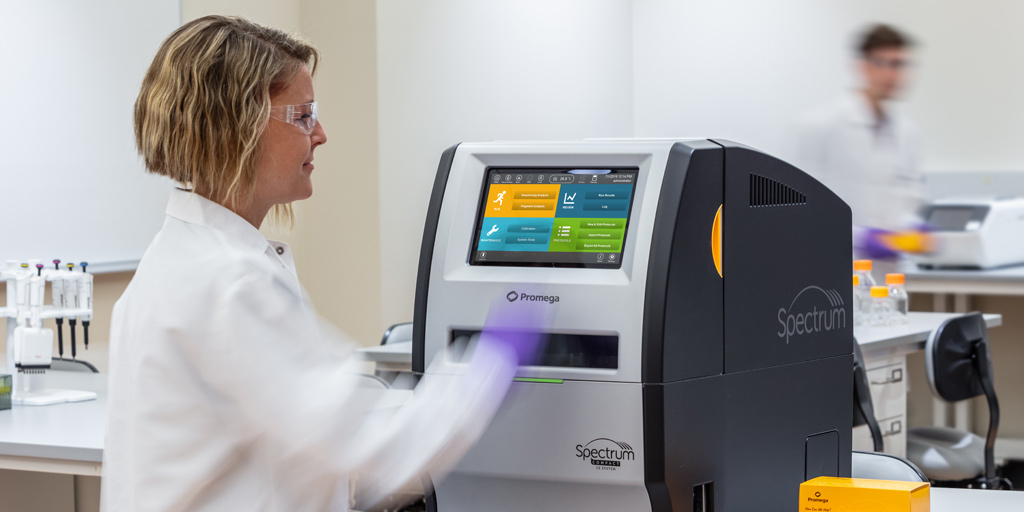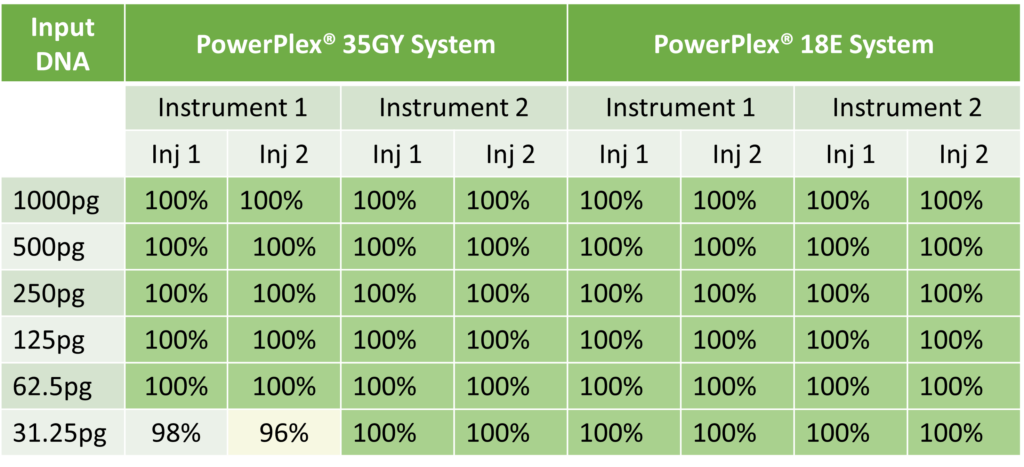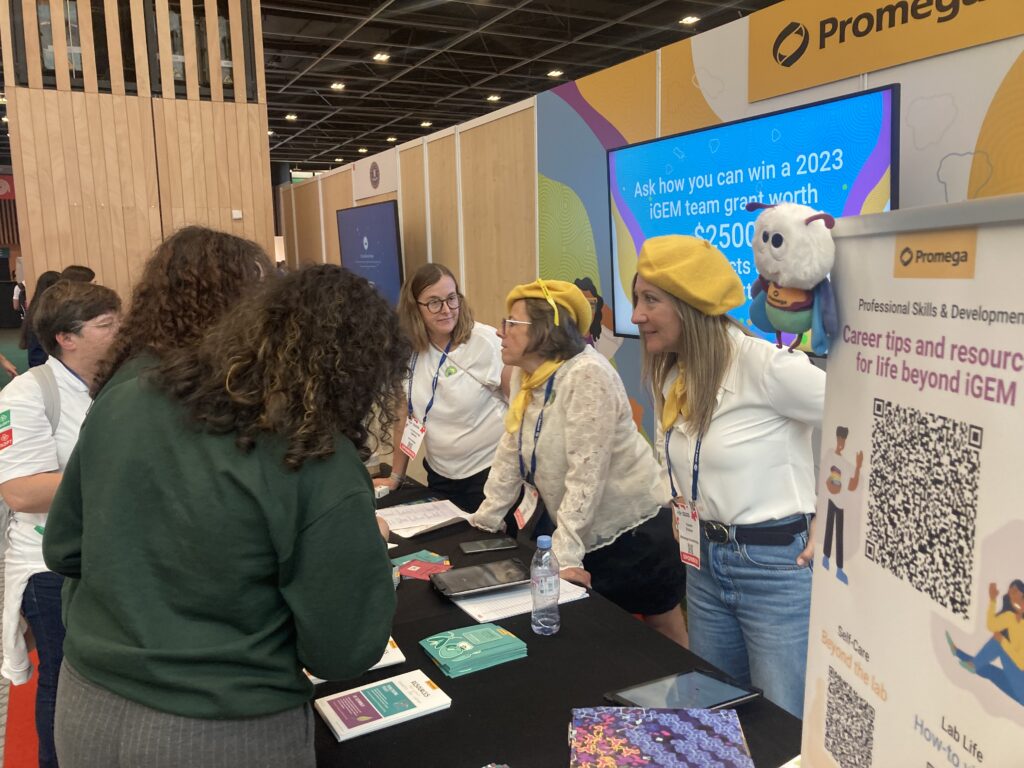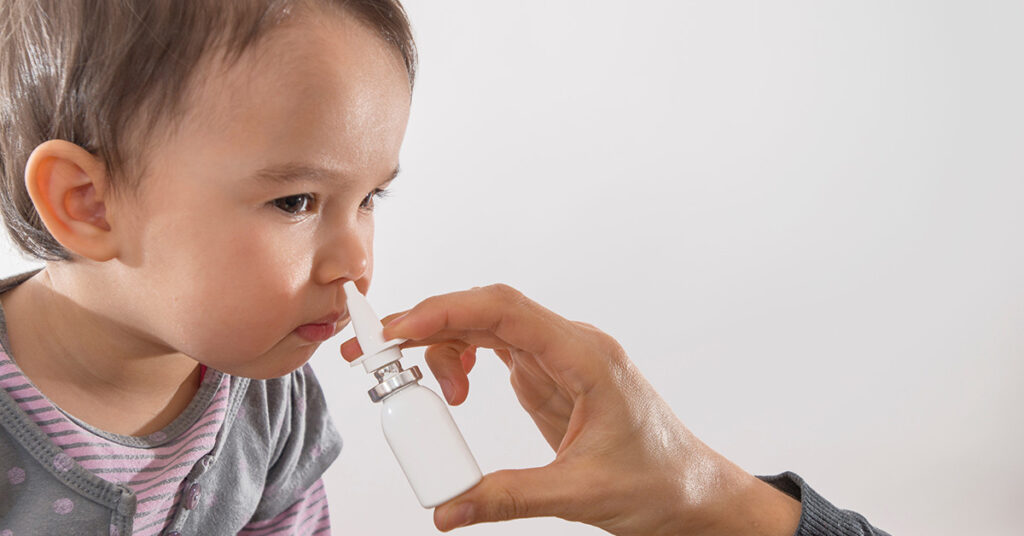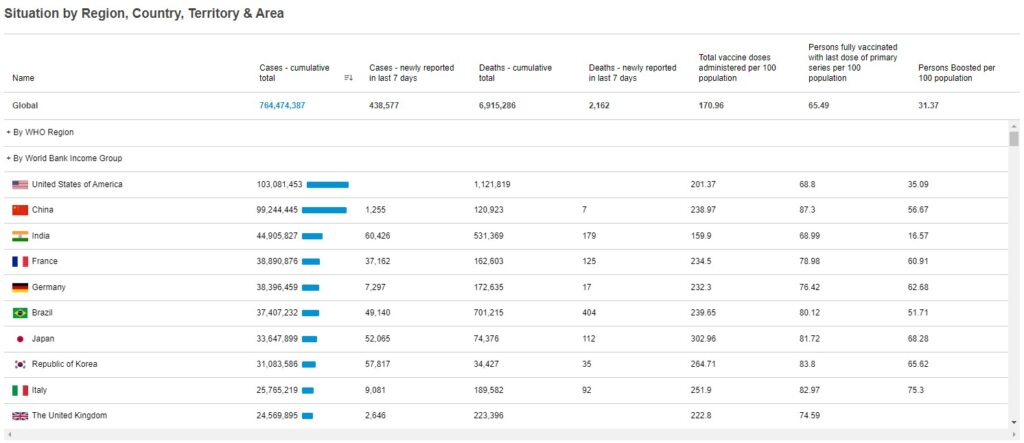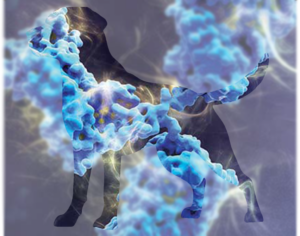
Immunotherapy in veterinary medicine is a rapidly evolving field that leverages the immune system to fight diseases. These therapies are particularly effective in treating various cancers, including lymphomas, mast cell tumors, melanomas, and osteosarcomas. Beyond cancer, immunotherapies are also being explored for their potential in managing chronic inflammatory diseases, such as autoimmune disorders where the immune system mistakenly attacks the body’s own tissues. While traditionally, veterinary treatments have focused on surgery, chemotherapy, and radiation, the advent of immunotherapy offers a more targeted approach, particularly for conditions like cancer.
This targeted approach not only minimizes collateral damage to healthy tissues but also offers the potential for longer-lasting protection by training the immune system to recognize and fight off recurrence of the disease. The interest in immunotherapies has grown in tandem with advancements in human oncology, leading to a crossover of technologies and methodologies into veterinary applications.
